TVP TV Shows
108 shows • Page 3 of 6
 0
0Mama -nic
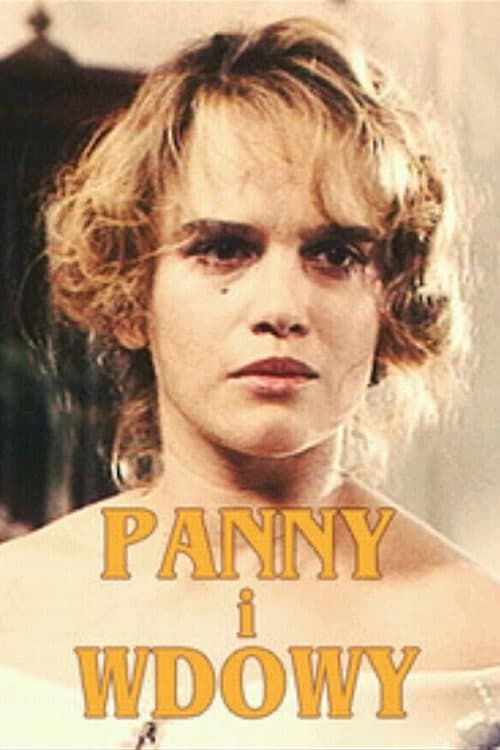
Panny i wdowy
 0
0WOW
A Catholic game-show series for third-grade children.
 0
0W piątą stronę świata
Family saga depicting the eternal relationship of blood between a father and son, but also the strength of friendship that allows you to find a real, deep bond between people strangers to each other. The main character of this story, 14-year-old Maciek Łańko, lives in an orphanage. His mother is dead, he doesn't know his father, actually knows nothing for sure about him. Meanwhile, Władysław Michalski, an officer - mechanic of a merchant ship, learns that Maciej is his son. She wants to meet the boy, so she takes him to Gdańsk for a day, pretending to be his "uncle". The time spent together results in mutual sympathy, the man and the boy would like to stay together.
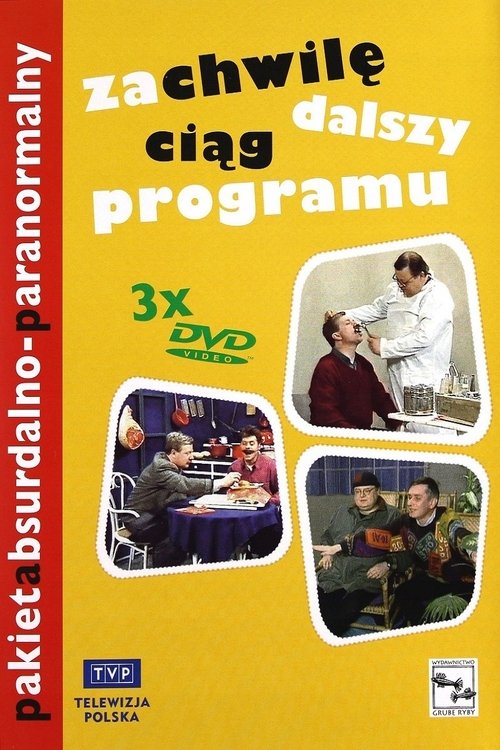 0
0Za chwilę dalszy ciąg programu
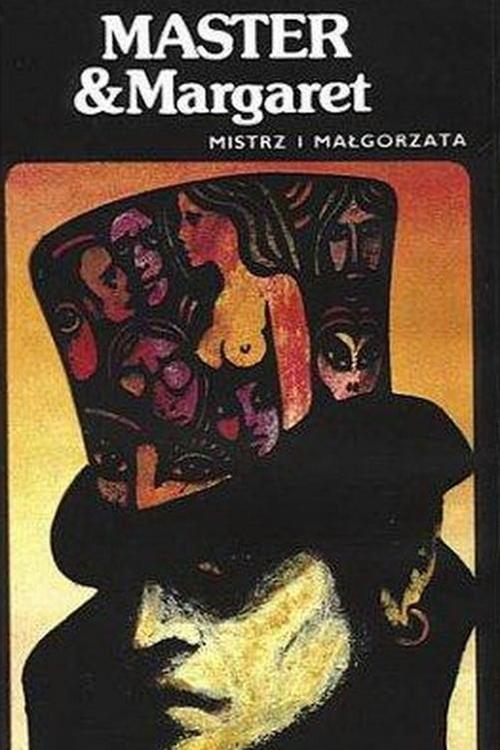 0
0The Master and Margarita
The Master and Margarita is a Polish television production of Polish Film Producers Teams, based on the novel by Mikhail Bulgakov.
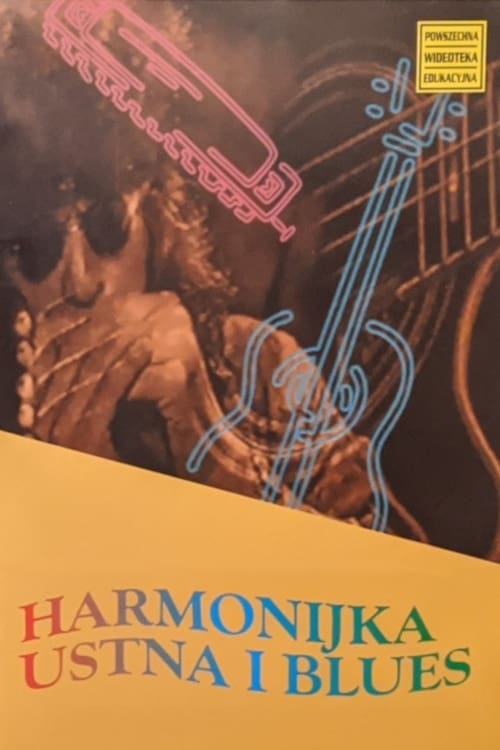 0
0Harmonijka ustna i blues
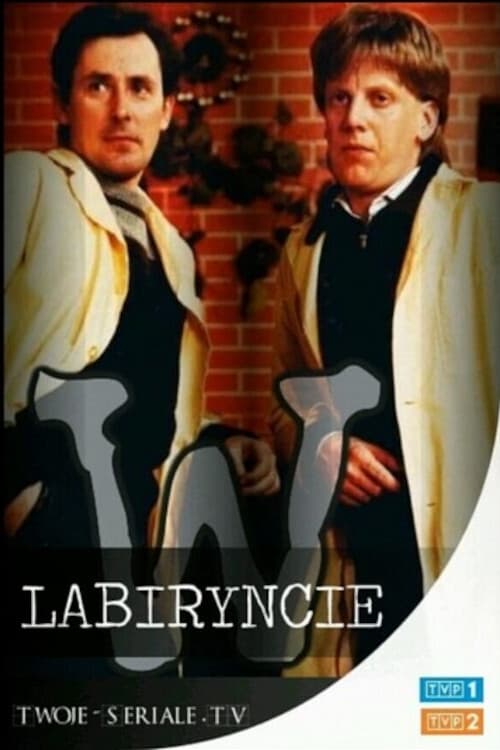
W labiryncie
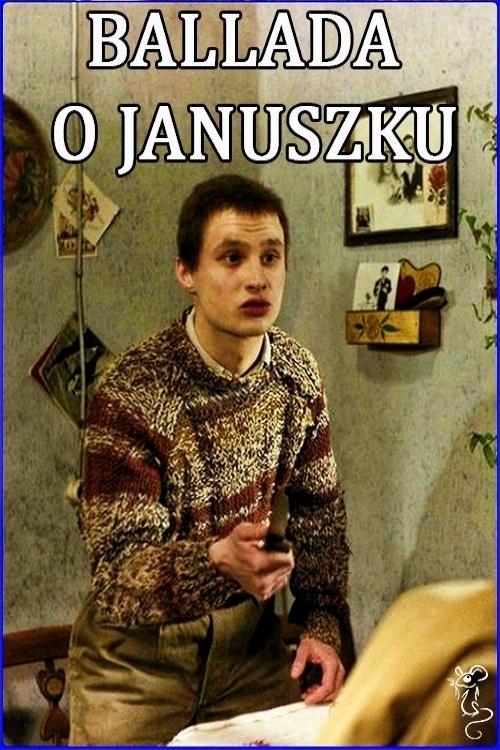
Ballada o Januszku
A single mother, blinded by the love for her trouble-making son Januszek, makes more and more sacrifices for him.
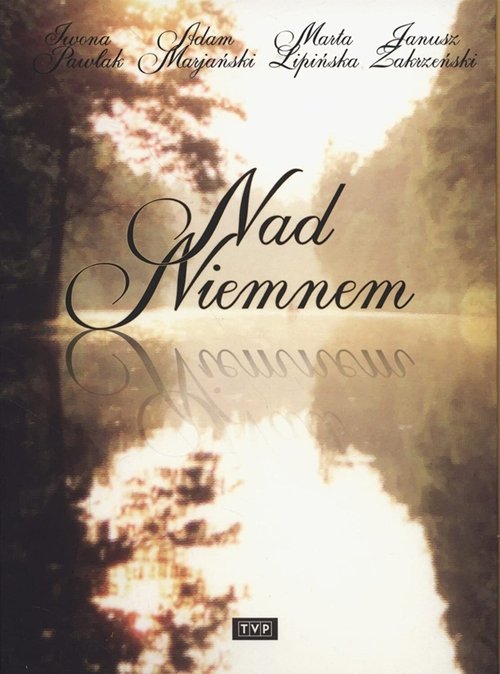
On the Neman
An adaptation of Eliza Orzeszkowa’s novel. Set in 1886 in Lithuania, the story centers on the conflict between the Bohatyrowicz family and the Korczyn estate. Against a backdrop of social and familial tensions unfolds the love story of Justyna Orzelska (Iwona Katarzyna Pawlak), niece of Benedykt Korczyński, and Jan Bohatyrowicz (Adam Marjański). Will their love prove strong enough to overcome the deep mental divide separating the world of the Bohatyrowiczs from that of the Korczyńskis?
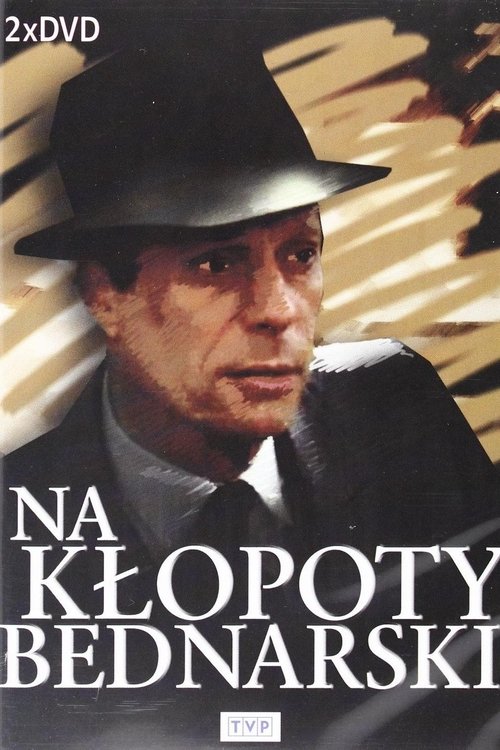
When Trouble Strikes… Bednarski
Set in the late 1930s in the Free City of Gdańsk, the series follows Bednarski, a private detective considered the best in his field—evidenced by his brief collaboration with Polish intelligence. Each episode presents a standalone story, united by the central character and the broader historical backdrop: the fate of Gdańsk, Poland, Europe, and the world as they edge inexorably toward World War II.
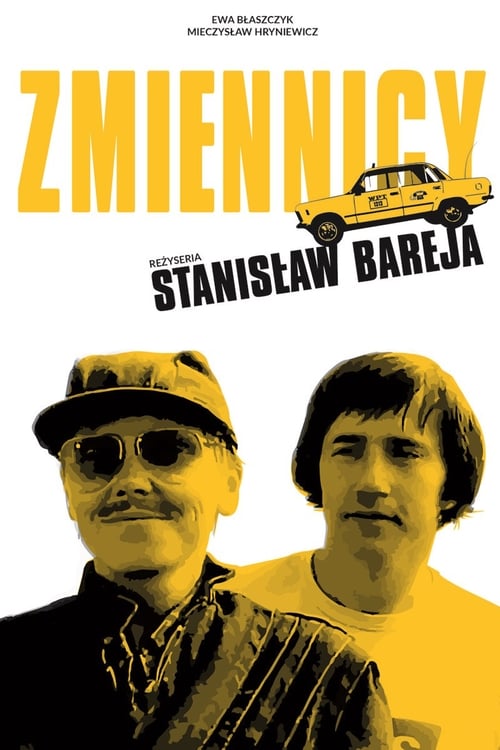
Subs
"Zmiennicy" is a grotesque comedy of absurdity and reality that masterfully blends slapstick, satire, and surrealism to expose the absurdities of life under communist rule in the People's Republic of Poland (PRL). The story follows Jacek Żytkiewicz, a taxi driver in Warsaw, and his mysterious new shift partner, Katarzyna Piórecka, who disguises herself as a man to get the job. The series is a comedy of the grotesque, filled with exaggerated characters, nonsensical bureaucracy, and surreal plot twists. It mocks the inefficiencies and contradictions of PRL institutions—from corrupt officials and inept police to bizarre workplace dynamics and social hypocrisy. Underneath the absurdity lies a thriller-like subplot: a drug trafficking operation smuggling heroin from Thailand to West Germany. This storyline, featuring shady sports officials, a Thai student, and a crooked firefighter, adds a layer of intrigue reminiscent of American crime dramas.
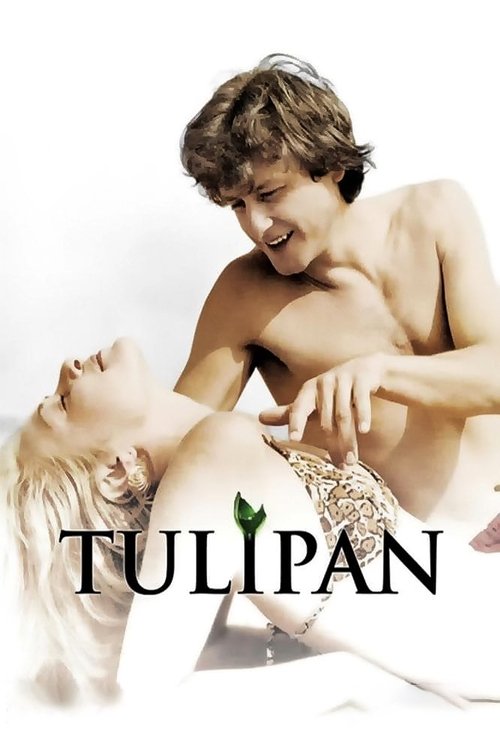
Tulipan

4 Alternative Street
4 Alternative Street was a Polish comedy TV show that was finished in 1983 and aired in 1986 due to censorship. Many famous Polish actors appeared in the series. The filming location used in the mini series was a residential complex which is still in existence at 3 Grzegorzewska Street in Warsaw, Poland. The series was a satire to the communist rule in Poland, spoken in a way that it passed through communist censorship office.
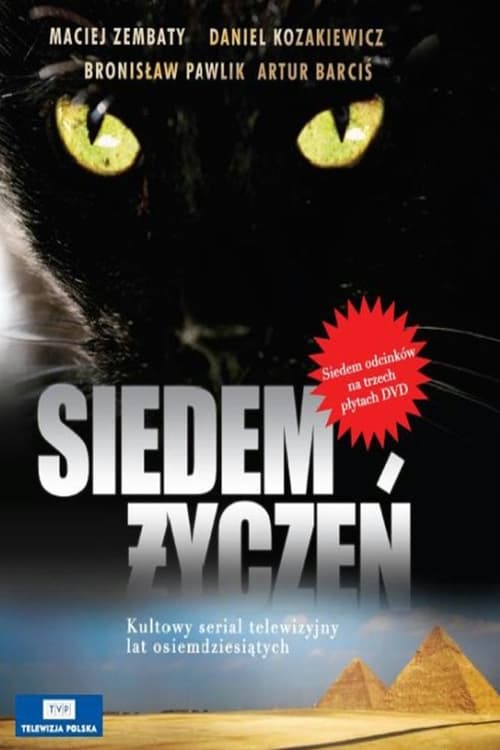
Seven Wishes
A young boy rescues a black cat, Rademenes, who can talk and who in turn gives the boy seven wishes. But it turns out that with each wish there come a lot of problems.
 0
05 dni z życia emeryta

Popielec
The series presents an original, non-didactic view of rural Poland during the Nazi occupation, rejecting stereotypes about ubiquitous wartime heroism, sacrifice, and martyrdom. It is a record of a "war-torn" state of consciousness, a drama of lost people who sink into ever greater degradation.
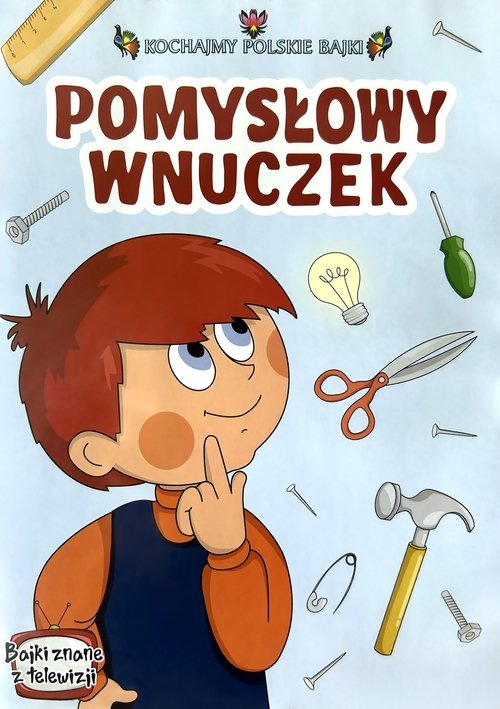 0
0Pomysłowy wnuczek
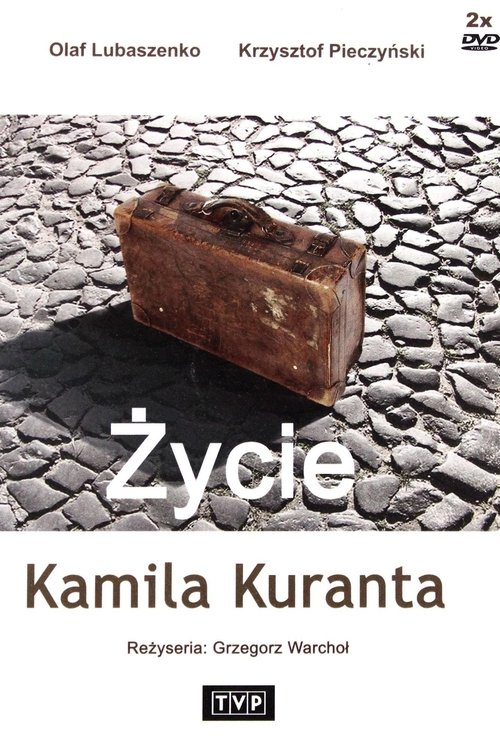 0
0Życie Kamila Kuranta

